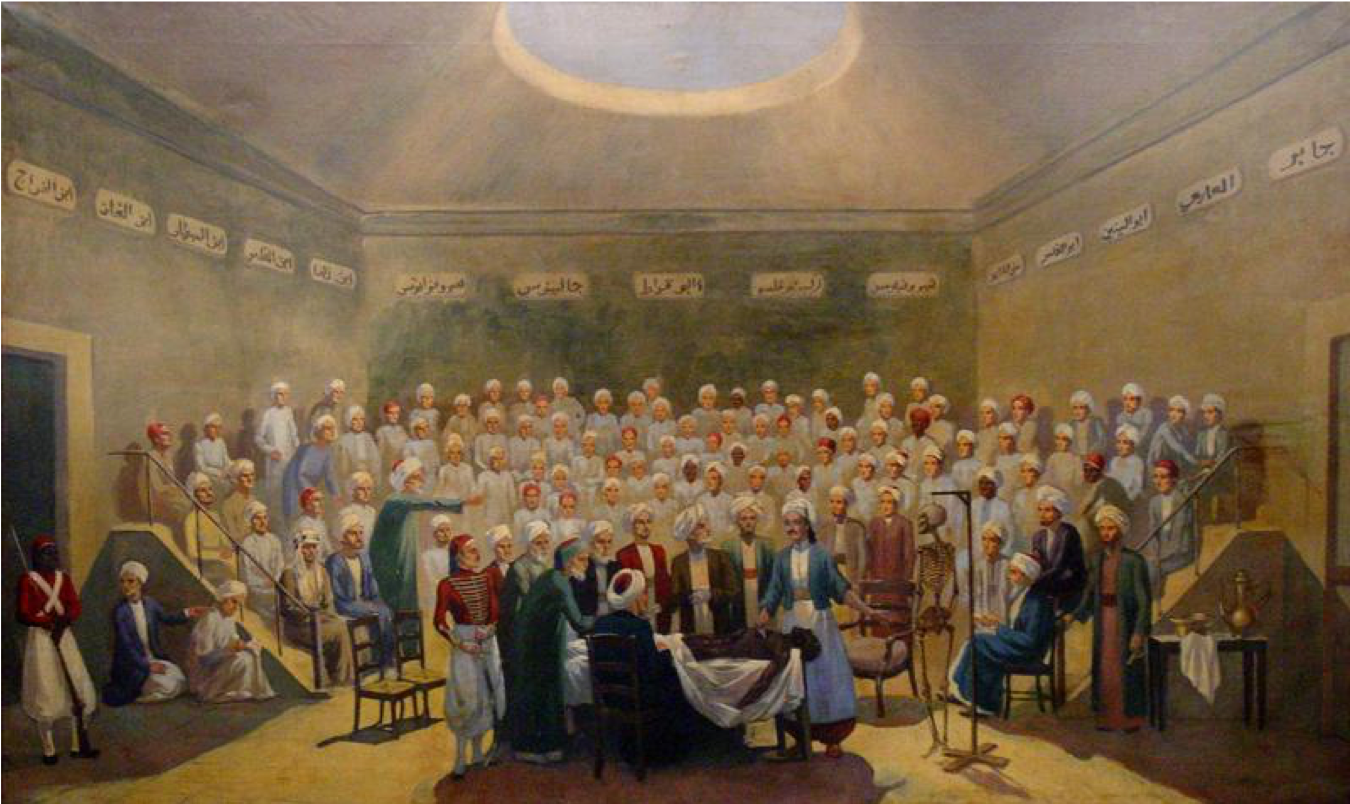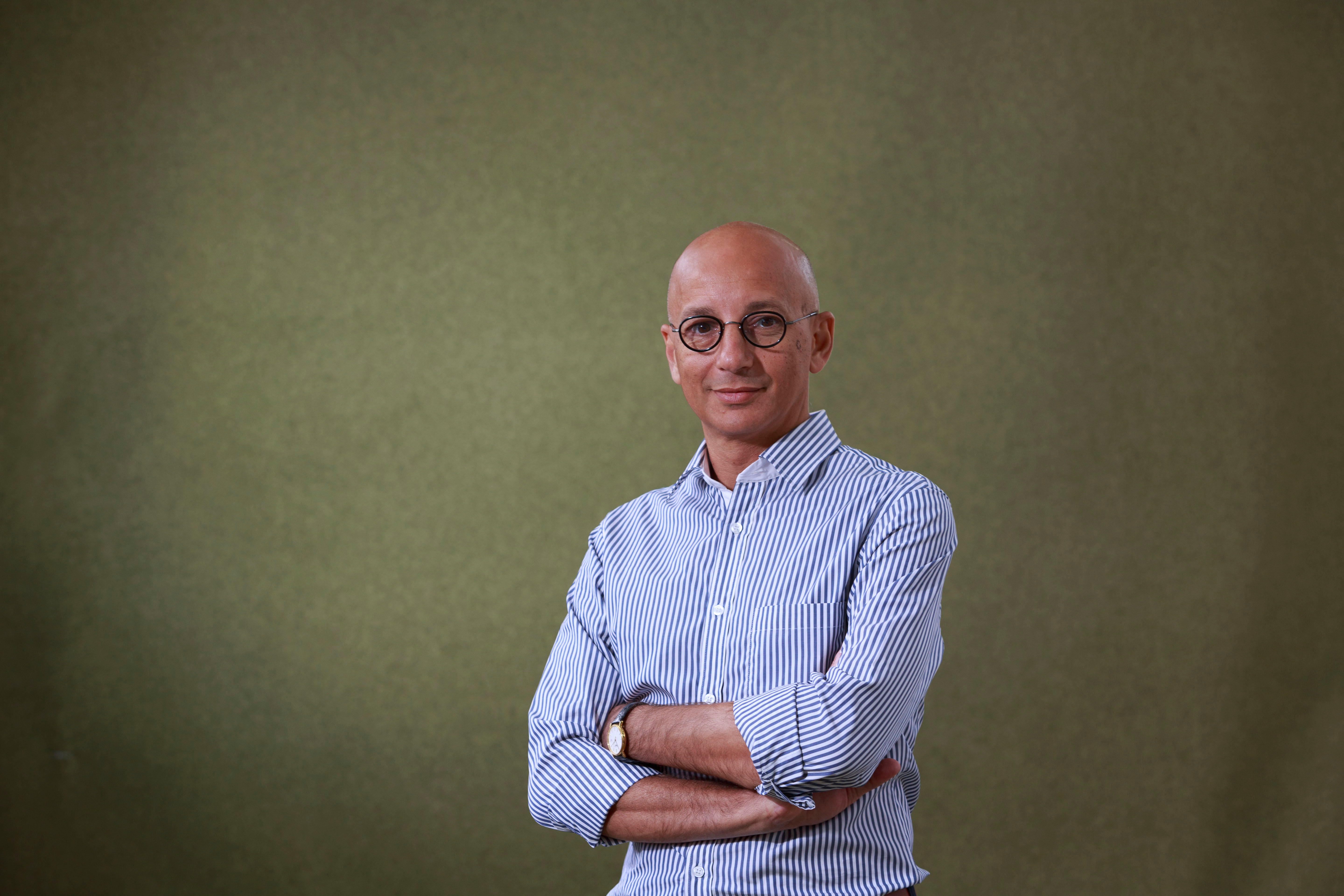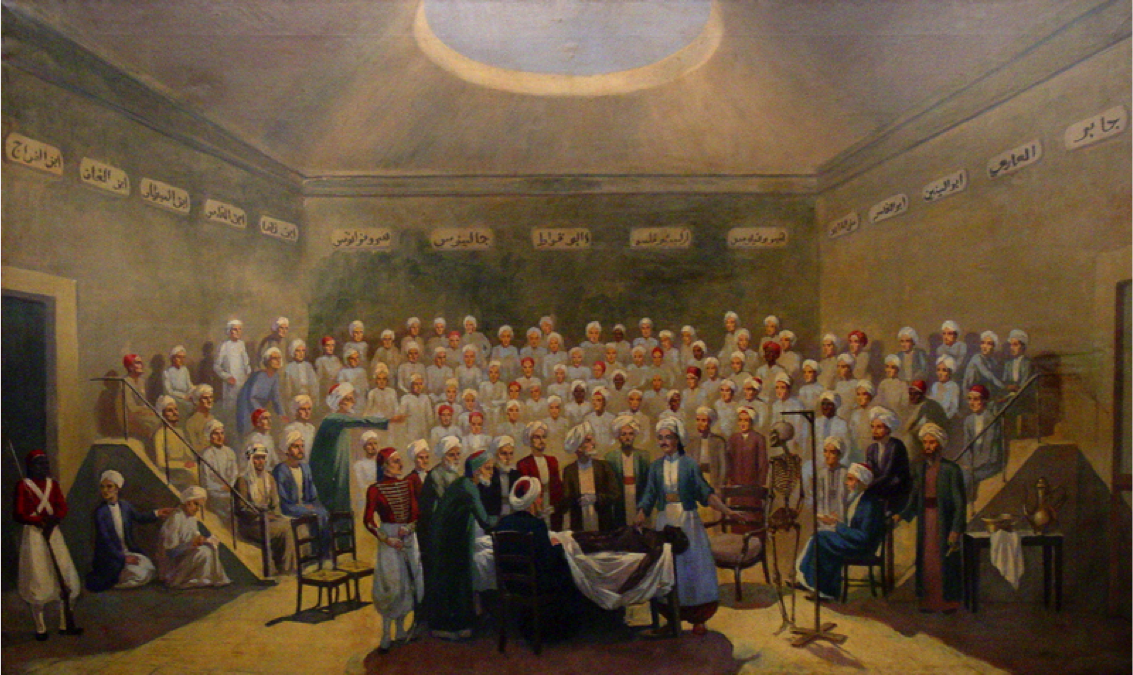By refusing to release political prisoners who are illegally detained and refusing to answer calls to ease the over-crowdedness of Egyptian prisons, the Egyptian authorities are not only endangering the lives of thousands of innocent detainees; they are also exacerbating the public hygiene crisis that Egypt is facing with Covid 19.
Leave a CommentTag: History of medicine
Published on the website of the Harvard Center for Middle Eastern Studies on February 5, 2016 Khaled Fahmy is the 2015–2016 Shawwaf Visiting Professor in Modern Middle Eastern History at the Center for Middle Eastern Studies. His research interests lie in the social and cultural history of modern Egypt. He has been conducting research in the Egyptian National Archives for the past twenty years on such diverse topics as the history of law, medicine, and public hygiene. Since the outbreak of the January 25 Revolution, he also has been a regular contributor to Egyptian and international media. What courses did…
Leave a CommentPublished in Ahram Weekly on November 12, 2012 As I go through the draft of the new Egyptian constitution, Article 11 strikes me as one of many curious articles in that supposedly foundational text: “The state protects the cultural, civilisational and linguistic unity of Egyptian society, and strives to Arabise science and knowledge.” Like others who have commented on the draft constitution, I have a problem with this article, but unlike others my problem is not that Arabising science might result in our doctors and engineers losing touch with the latest developments in medicine and engineering. Nor does my problem…
Leave a Comment


